Fact, Fiction, and a D-I-Y Life
by Jane Rubietta
My husband stood beside me, our fingers clutching the frozen fencing. The unexpected ice storm shut down many roads in Tennessee, but we slid up to this gateway to my grandparents’ farm. Though the acreage sold 20 years prior, I hadn’t returned. My husband creaked open the unlocked gate and, in our station wagon with three small kids, we inched along the icy lane to the old farmhouse.
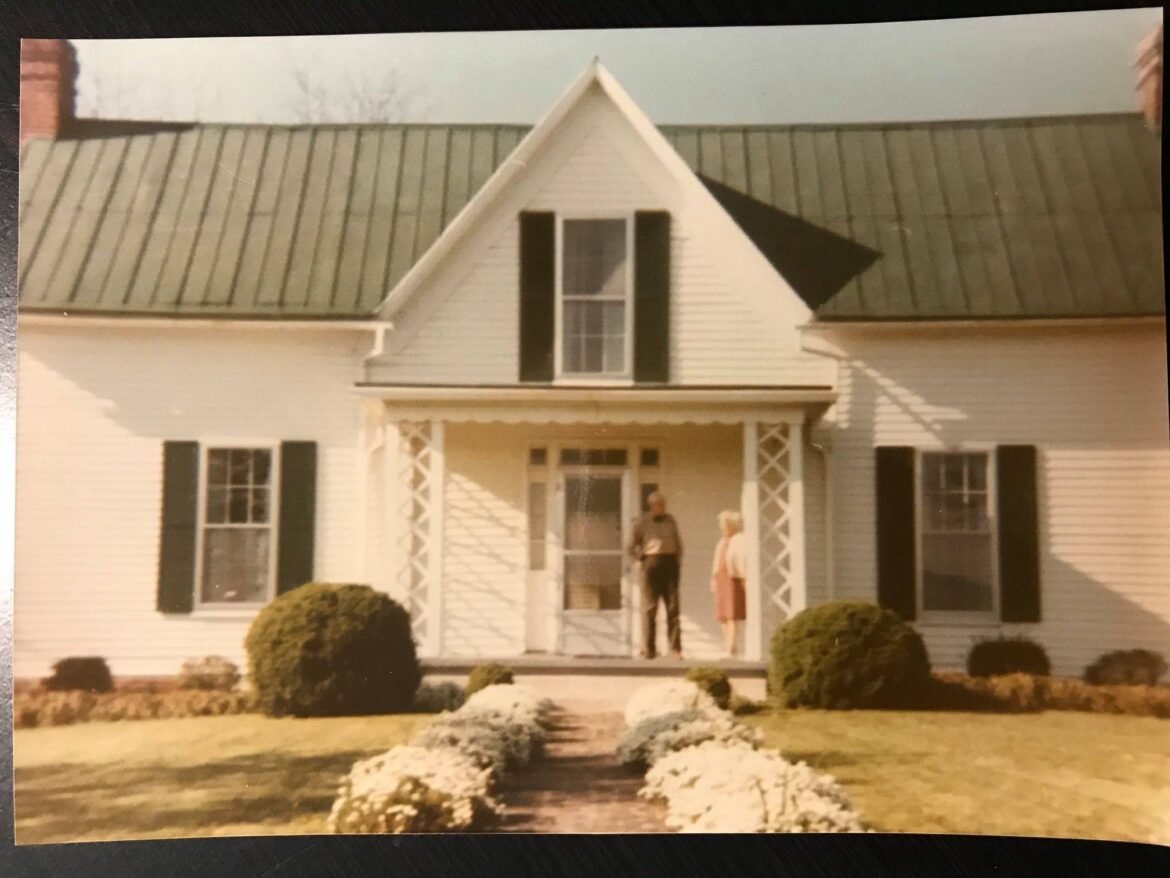
Smaller than my memories, and decrepit in its presentation, still, the house contained poignant history. We peeked through the windows to peeling wallpaper and sagging ceilings. I grieved the loss of place, the lack of love and respect for such an antique beauty.
A decade slipped past. This time I steered a rental while on a Tennessee book tour. An internal map guided me straight to the farm, this time without a gate—or ice and snow. Cotton fluffs dotted the dark soil, reminiscent of last year’s harvest. I crept over in my dress clothes and heels to collect a few wisps.
Then I noticed. The sycamores lining the lane…gone. Fields rolled straight to the gravel’s edge. But surely soon I’d see the barn and tractor shed and the old gas pump. And the house.
Except, no. In their places, dirt and more dirt. I crawled from the car again, rooted at the edge of the house’s memorial site. So many stories, collapsed with the walls, the memories of hope and laughter, hardship and hard work. The scents of buttermilk biscuits and the smoke house with the best cured ham and bacon anywhere in the country.
That day, a novel began to stir. About a woman who, wounded by her family, evacuates her past, and creates her own Do-It-Yourself life far from the fertile fields and painful memories.
When everything she’s built threatens to collapse, Evelyn Lewis returns to liquidate her inherited farm. If only it were that easy. That’s no fun. Under the roasting southern sun, Evie realizes she must excavate her past in order to build her future.
Is it biographical? No. But geographical, you bet. Though the farmhouse is larger in the novel than in real life, and waits in dire need of a kind hand when Evie reaches the cattle guard before the short driveway.
The Forgotten Life of Evelyn Lewis is filled with laughter, sweet tea, healing, hope, lots of hammers, reclamation, and the surprising gift of friendship.
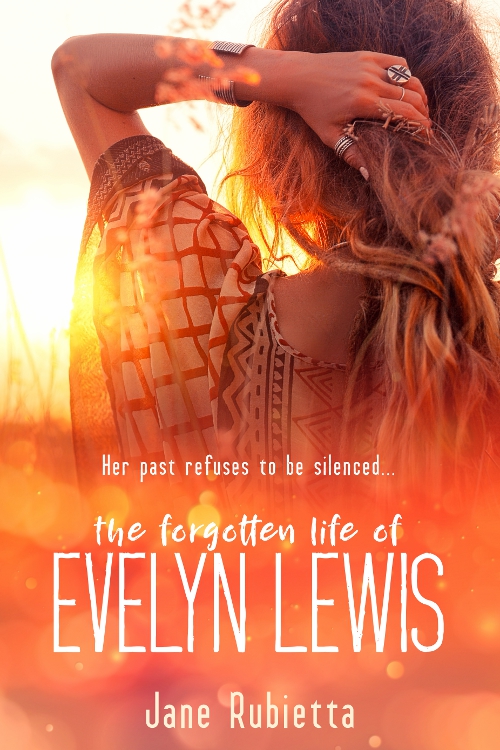
No one, perhaps, is more surprised than me (well, except my family) that from so many fingers-clutching-fences places, I’ve become an author and speaker. Twenty of my books are non-fiction; with Evie, I wanted to experiment with real people working through the very real issues I write about. While it was a finalist for a couple of national book awards, the real blessing, to me, about The Forgotten Life of Evelyn Lewis comes when someone says, “It felt so good to laugh.” “I will never look again at another person with the same lens. People carry so much inside; I want to honor that.” Or, “Evie’s journey helped me heal.”
It’s been a harsh year. I hope t The Forgotten Life of Evelyn Lewis will continue to help us laugh and love and heal. Meanwhile, last summer, in the spirit of reclamation and rebuilding, I published Brilliance: Finding Light in Dark Places.Six weeks of readings lead us in both our present and past realities, and invite us out of the shadows to the One who said, “I’m the Light of the world.”
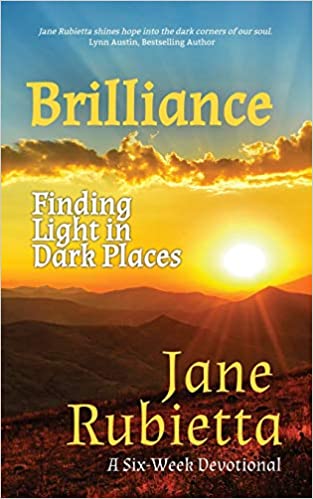
Because even though life feels a lot like a D-I-Y project, it really isn’t. As Evie ultimately figured out, it’s a “Come to Me” journey, where we collect others along the way. Although laughter and sweet tea help a whole lot.

- 1970
- 0
- 0


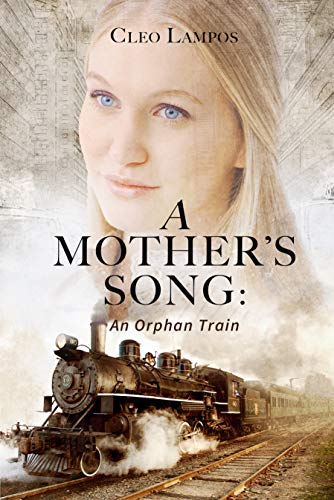
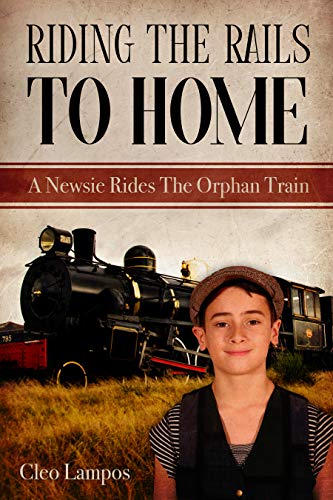
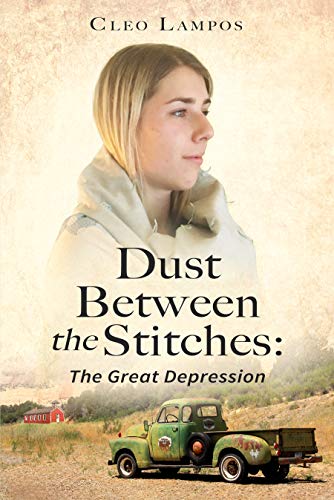
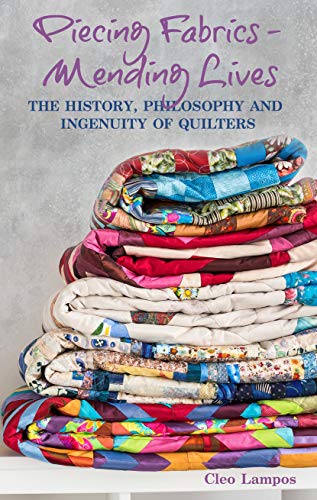
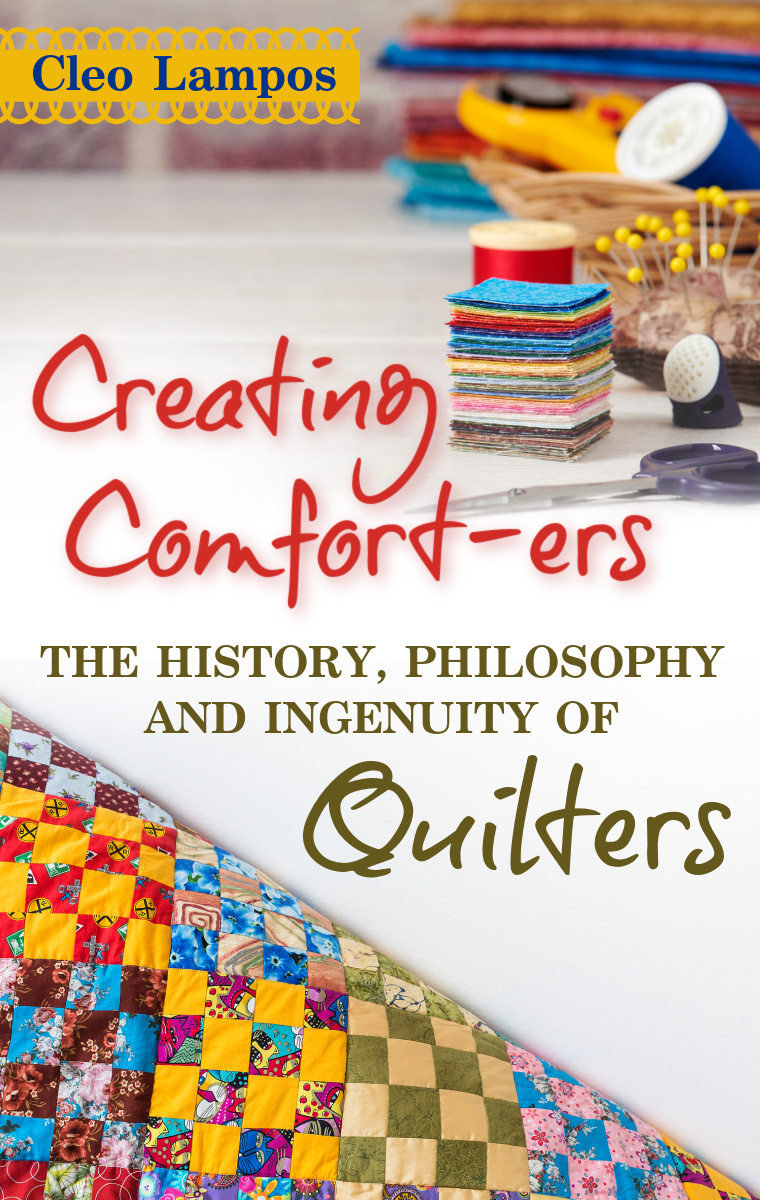
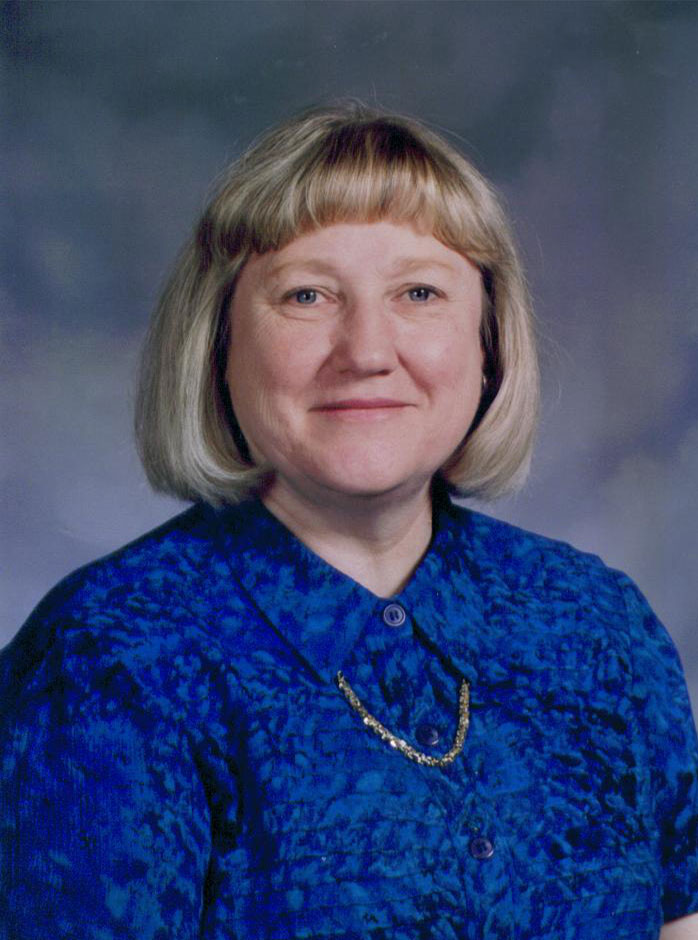
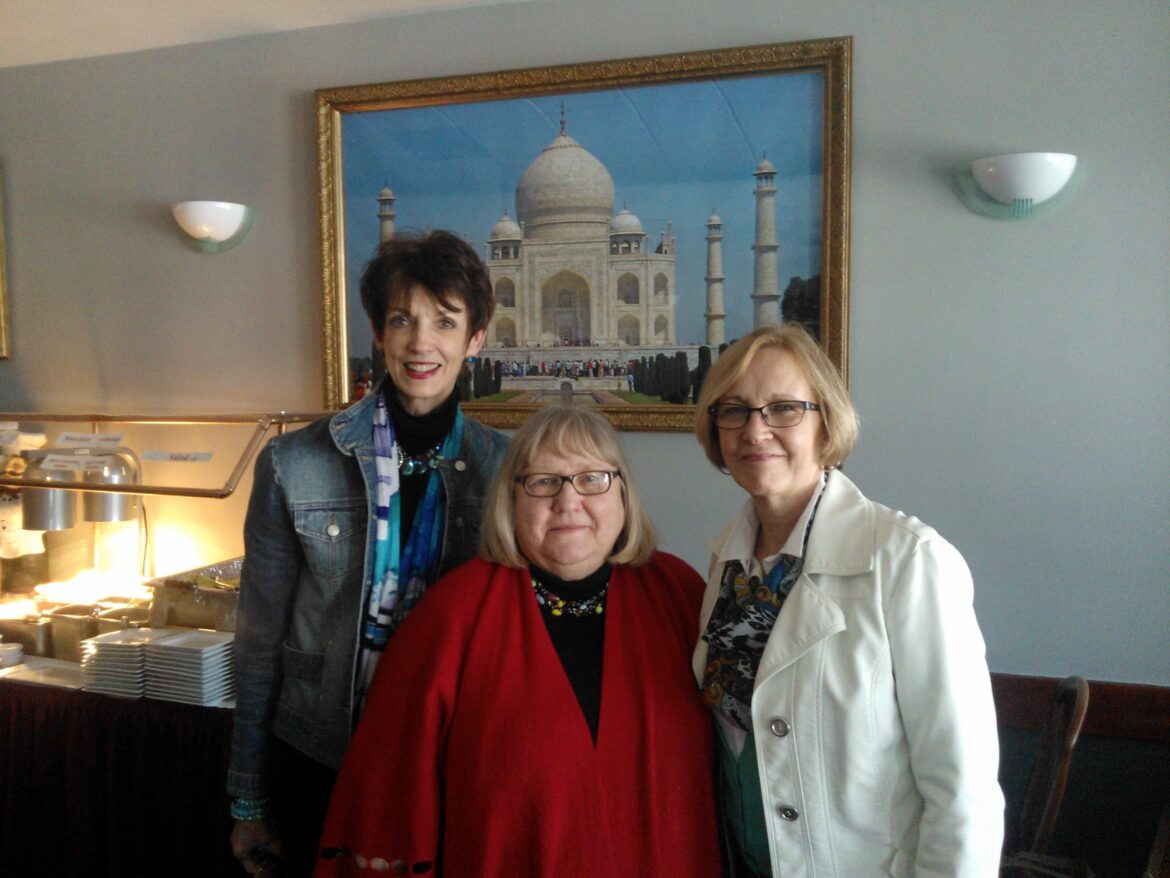

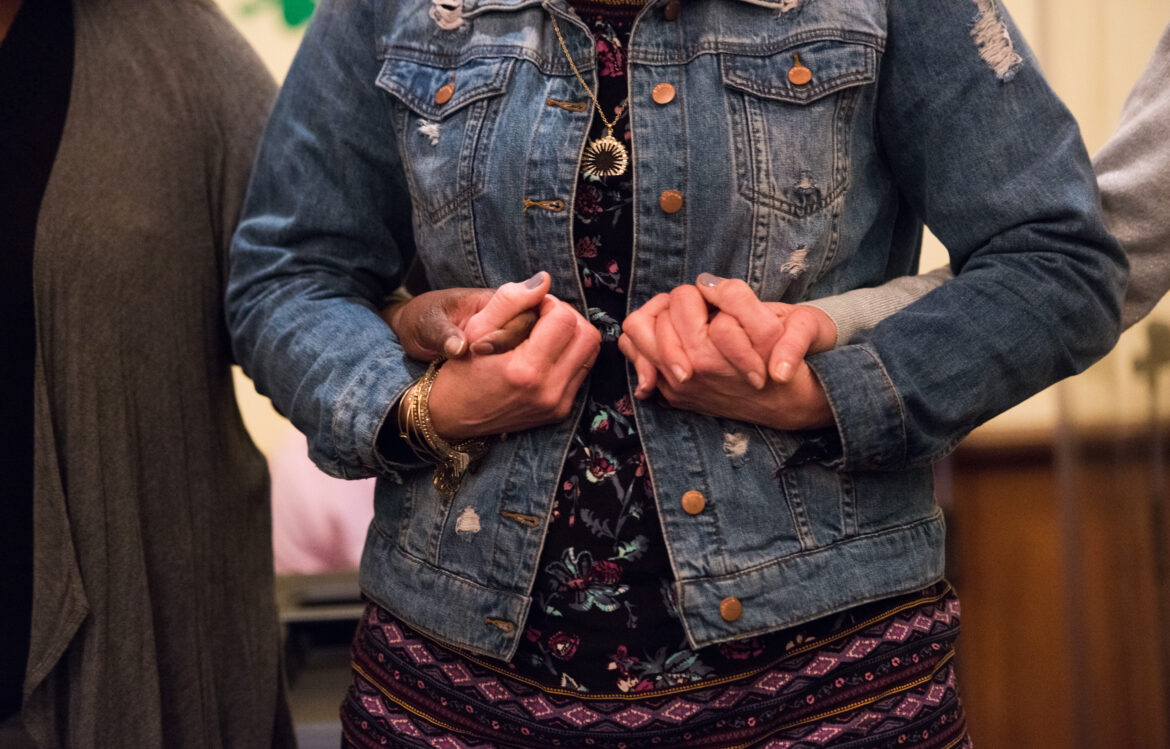
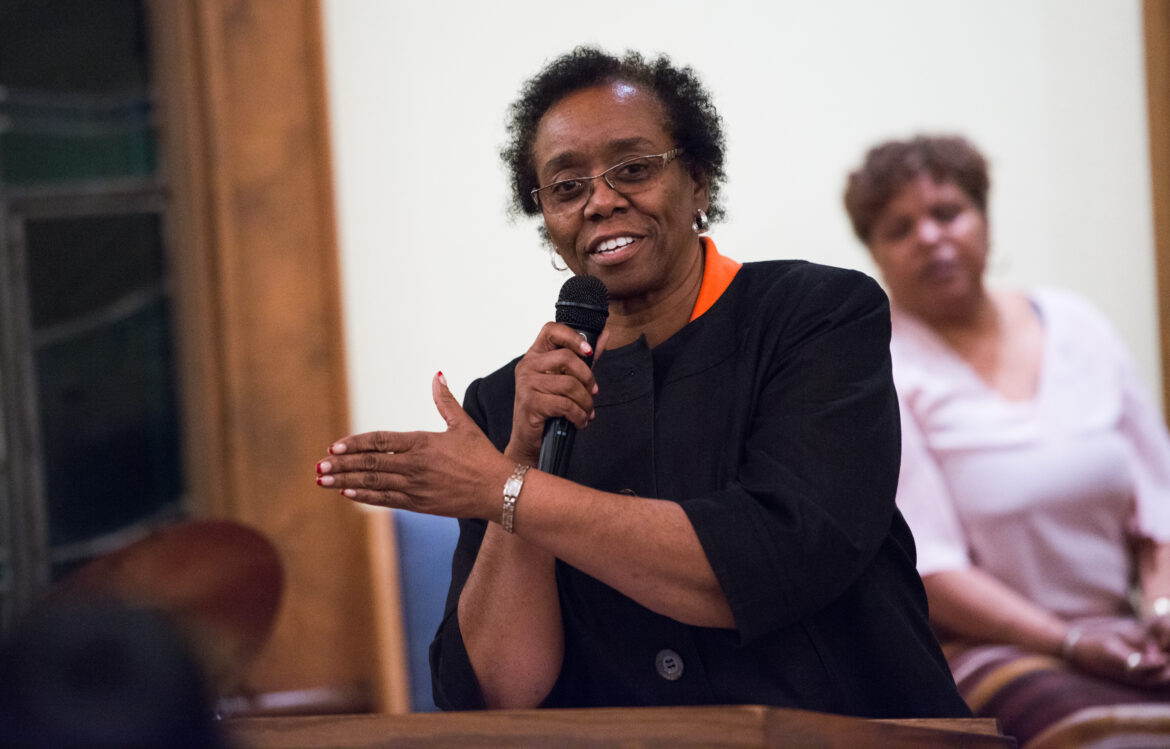
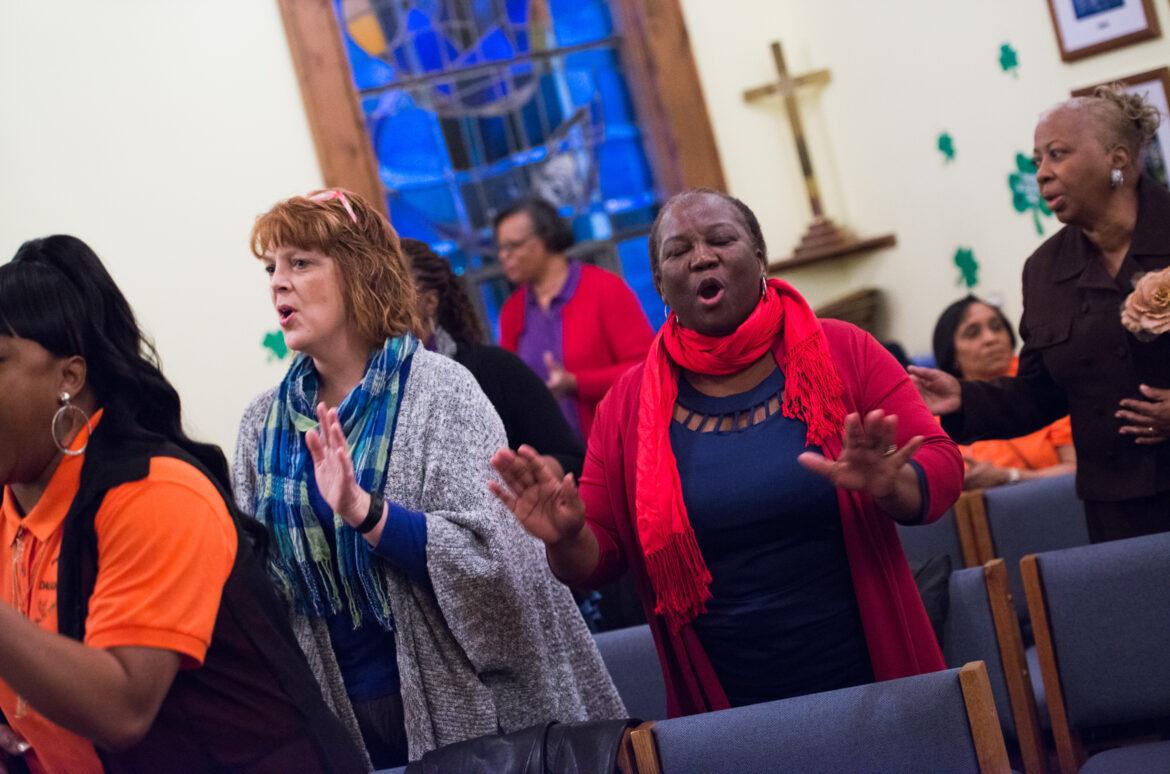
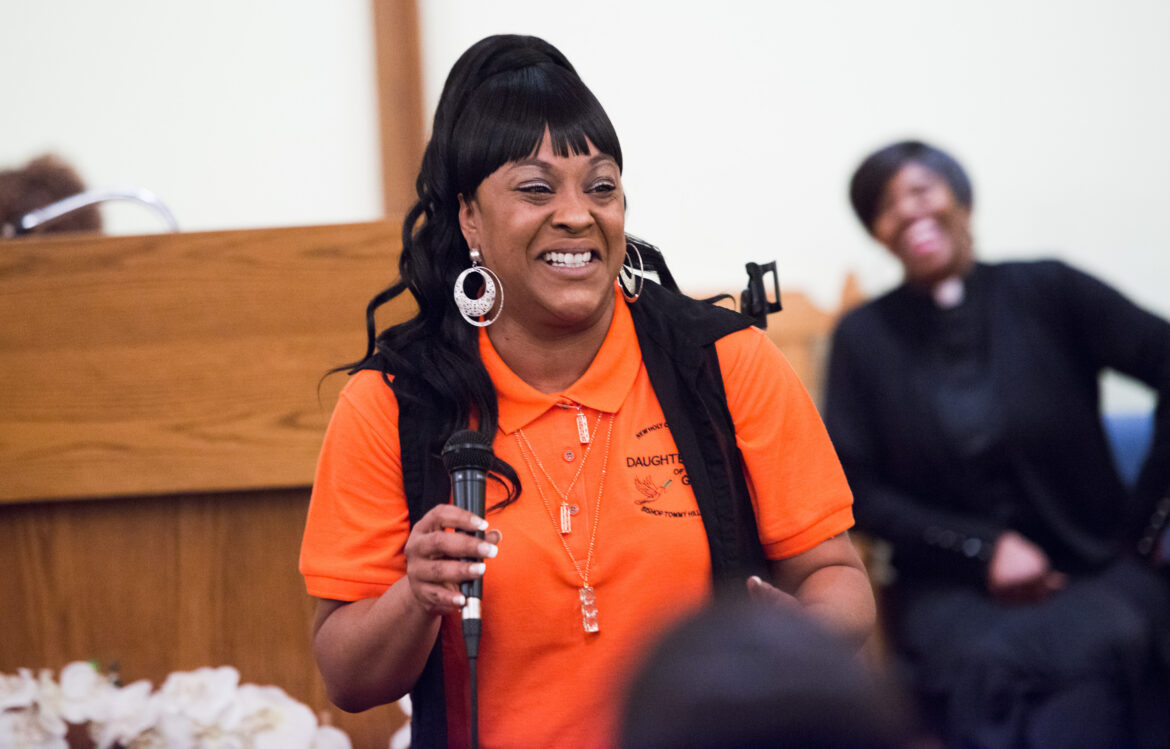
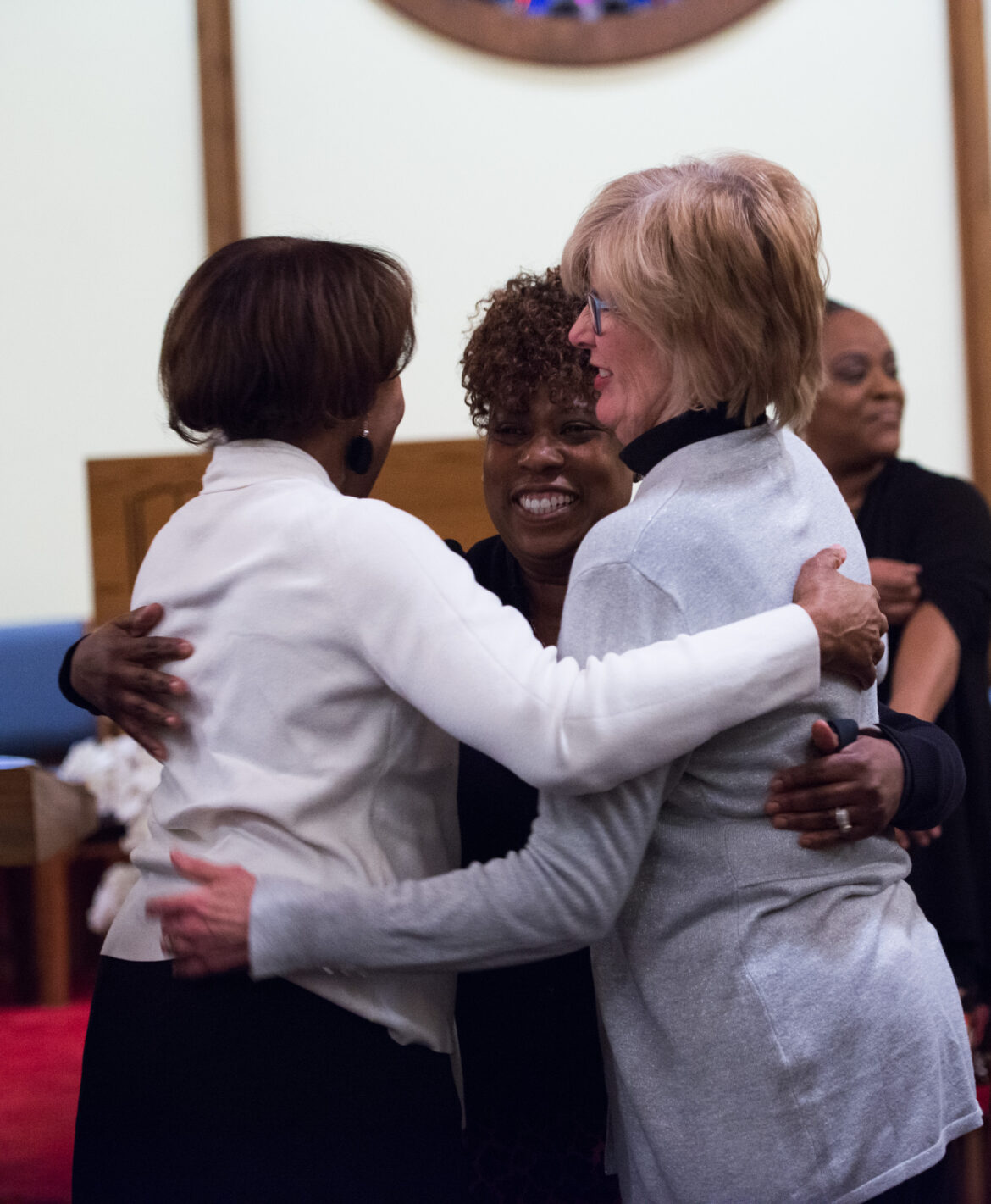
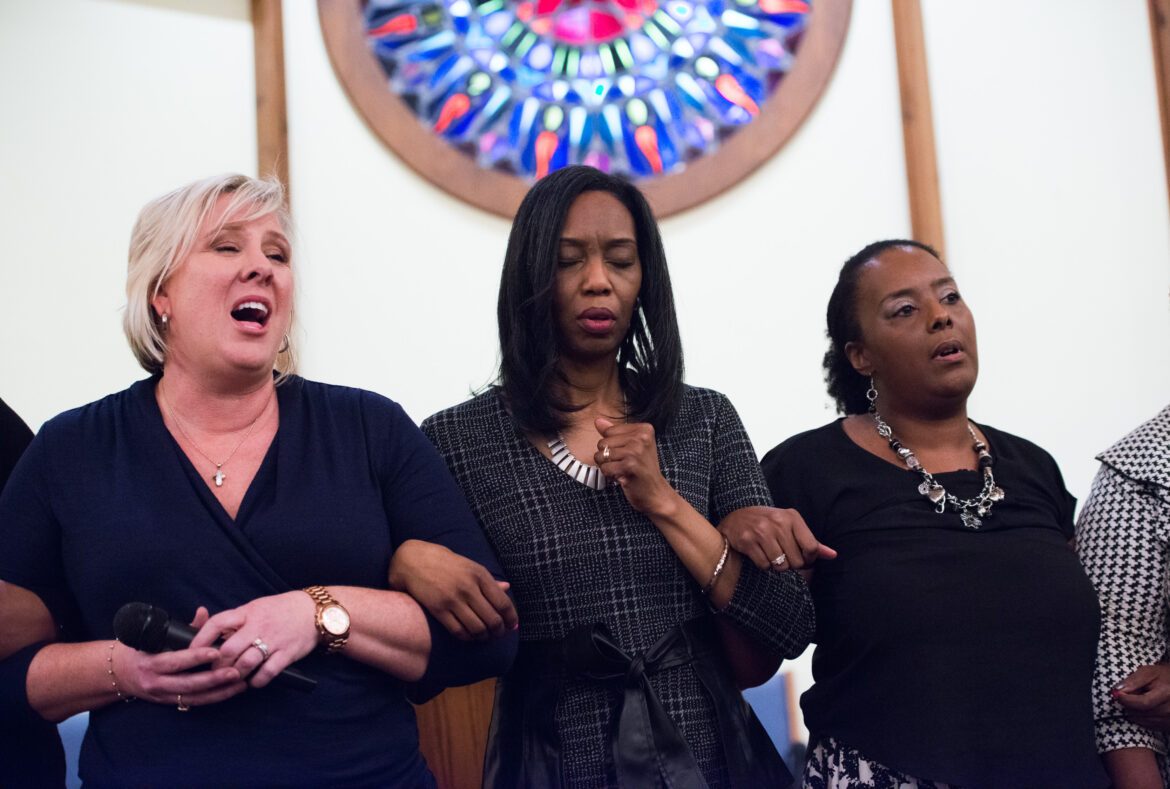
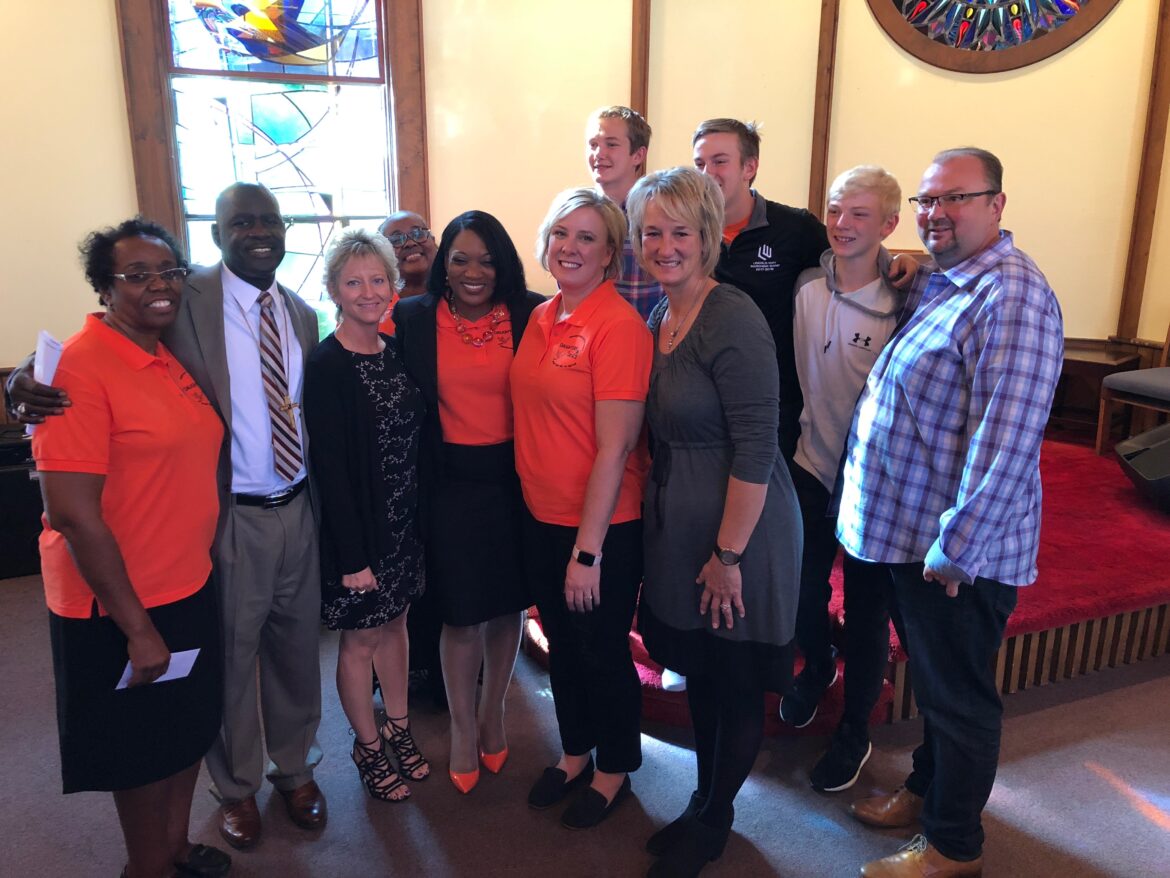
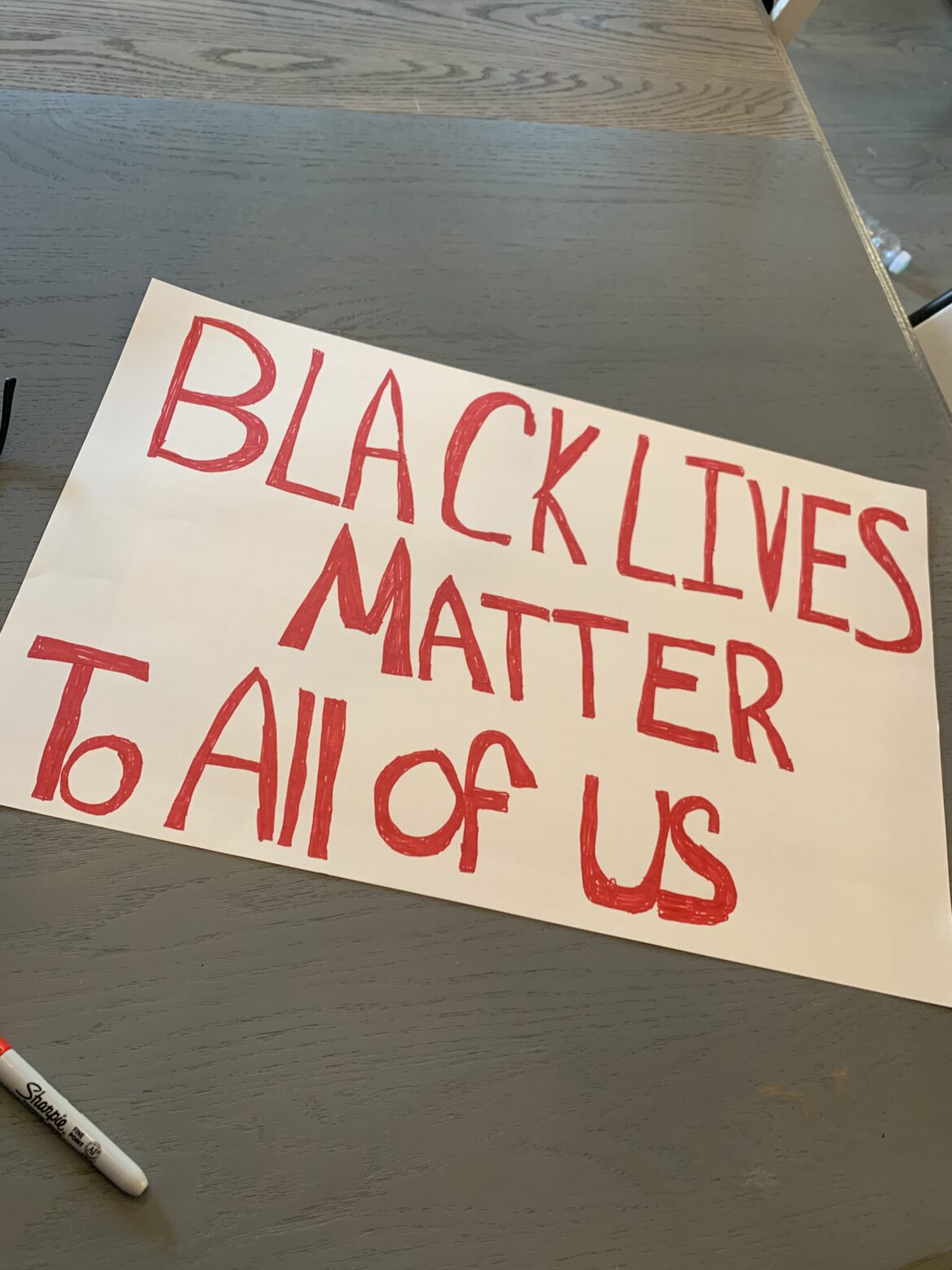





 Rachel McMillan is the author of the Herringford and Watts mysteries, the Three Quarter Time series of contemporary romances set in opulent Vienna, and the Van Buren and DeLuca mysteries praised for bringing an authentic 1930’s Boston world to life while normalizing the fictional conversation surrounding mental illness. Her first work of non-fiction, described as a romantic’s guide to independent travel, releases in 2020. Rachel lives in Toronto, Canada
Rachel McMillan is the author of the Herringford and Watts mysteries, the Three Quarter Time series of contemporary romances set in opulent Vienna, and the Van Buren and DeLuca mysteries praised for bringing an authentic 1930’s Boston world to life while normalizing the fictional conversation surrounding mental illness. Her first work of non-fiction, described as a romantic’s guide to independent travel, releases in 2020. Rachel lives in Toronto, Canada


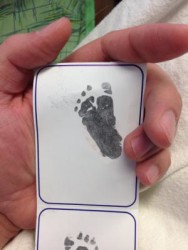 Recently I’ve spent many days inside the halls of the
Recently I’ve spent many days inside the halls of the  “Why?” her mom cried to me, “Why do they keep doing that to her? Why can’t they just leave her alone for awhile? I can’t watch, it feels like torture!”
“Why?” her mom cried to me, “Why do they keep doing that to her? Why can’t they just leave her alone for awhile? I can’t watch, it feels like torture!” Growth is never easy. It looks easy I guess, but there is a lot of effort involved, and sometimes pain. My own boy grew 6 inches in the year between freshman and sophomore year. He had tremendous pain in his legs and has stretch marks on his skin as permanent scars to remind him of that year. What kind of spiritual stretch mark scars do I have?
Growth is never easy. It looks easy I guess, but there is a lot of effort involved, and sometimes pain. My own boy grew 6 inches in the year between freshman and sophomore year. He had tremendous pain in his legs and has stretch marks on his skin as permanent scars to remind him of that year. What kind of spiritual stretch mark scars do I have?











